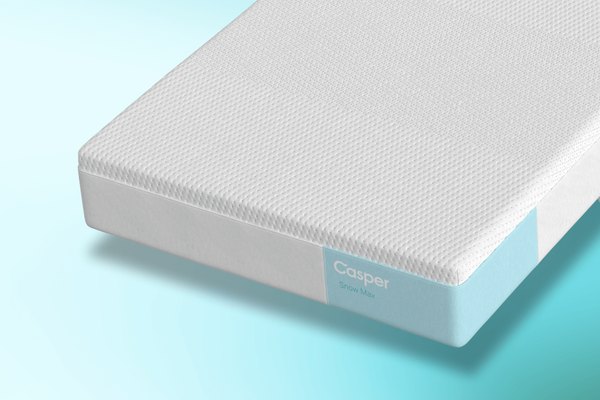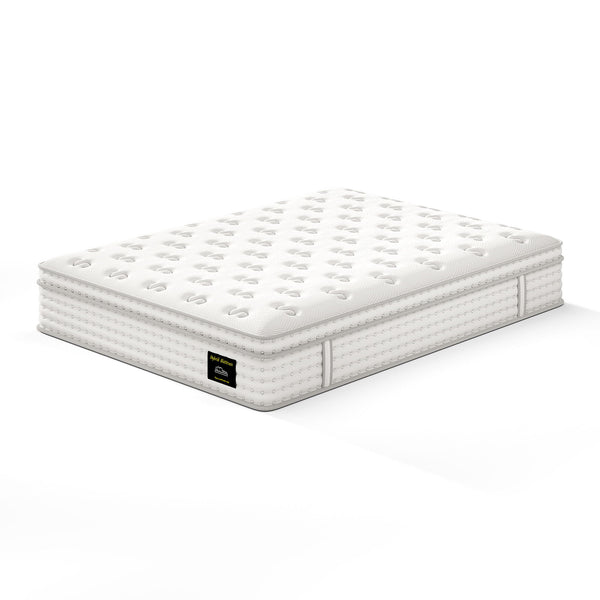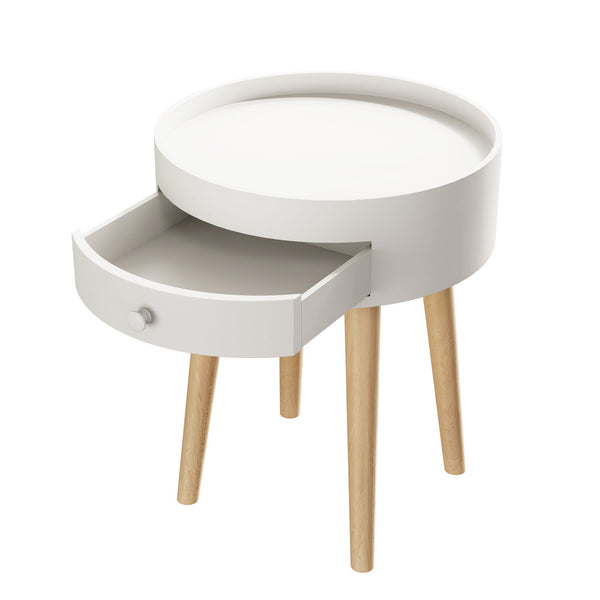
New Parents Sleep Guide
Newborn babies need up to 18 hours of restful sleep each day; though their sleeping patterns may appear irregular at first, over time their patterns should become regularized.
Call The Sleep Loft at (646) 400-5758
New parents can gain some much-needed rest by sleeping when their infant naps - even for just 20-30 minutes at a time! For additional support they can ask friends and family members.
1. Keep the Lights Low
New parents may not always get enough restful restful slumber, but there are strategies they can employ to maximize what sleep they do get. New parents should follow similar sleep hygiene recommendations recommended for adults such as limiting caffeine late in the day and eating smaller meals before bedtime, maintaining cool, quiet rooms that are free from electronic devices (TVs or cell phones), as well as creating a regular bedtime ritual with comfortable mattress.
Meelight offers the optimal sleep environment by featuring a 30 minute timer and dimming function, creating a comforting and soothing atmosphere for both parents and babies alike. The dim light helps create an inviting, comforting space to make for restful slumber.
Parents of newborns should evaluate the quality of their sleep and, if needed, seek medical advice if symptoms do not respond to healthy sleeping practices. Frequent night wakings could be a telltale sign of sleep apnea; studies indicate pregnancy increases women's chances of this condition.
2. Keep the Temperature Low
Your baby's bedroom should be kept cool (68 to 72 degrees Fahrenheit), dark and quiet for optimal sleep quality. Avoid creating an environment which is too warm as this could interrupt their rest or even cause them discomfort.
If your newborn appears to be overheating while sleeping, check their skin and remove one or more layers until their sweaty or hot-to-the-touch areas no longer feel sweaty or hot to the touch. Be wary not to overdo this step as too many layers could lead to overheating and dehydration.
Young parents may worry that there's something amiss if their infant wakes repeatedly during the night, but these frequent awakenings are actually perfectly normal for young babies. Additionally, it's essential to limit caffeine in the evening as this can interfere with falling asleep; natural stimulants like melatonin should be utilized instead for optimal sleeping results and develop a regular schedule as soon as possible.
3. Set a Routine
As new parents, you may be concerned with your baby's sleep habits and ensuring they get adequate rest. But as important as it is to provide our babies with enough restful restful slumber, parents need their rest too - experts advise seeking an anchor sleep block of four- to six-hours each night as an anchor sleep goal.
Setting a bedtime routine will help babies understand when it is time for bed, including bathing, dressing in pajamas, reading a story or singing songs. Also helpful is having a regular nighttime schedule - such as waking them up at the same time each morning and placing them down to sleep at the same time each night.
If you're having difficulty sleeping, don't be embarrassed to ask for assistance from friends, family or a postpartum doula/sleep coach. Not only is seeking assistance okay; it may actually be essential for both your own health and that of your baby.
4. Keep the Baby Awake During the Day
Newborns can be demanding and it's essential that parents get sufficient rest so that they can adapt to their infants' erratic sleep schedules. Unfortunately, new parents sometimes attempt to keep their baby awake during the day in order to help them sleep better at night - this only backfires by causing more overtiredness and crankiness, making it harder for them to relax at bedtime.
Greenleaf suggests sleeping when your baby sleeps. To do so, listen for signs that they need restful rest, such as drowsy eyes or yawning, and put them back to bed when those signs arise. Incorporating bedtime rituals also helps develop associating certain activities with sleep in general.
Reading up on newborn sleep is also essential to their development and wellbeing, so make sure that any books offering unrealistically rapid solutions or blanket solutions should be avoided. Remember, your baby's restorative rest is vitally important.
5. Keep the Room Quiet
Maintaining a peaceful sleeping environment for your newborn can be challenging, yet essential. Newborns can hear sounds even from within their mother's womb; any disturbance of rest caused by loud noise will result in their awakening and cause your sleepless night to continue unpunctuated.
Babies who are not deeply asleep can easily tune out most environmental noises. These include running the vacuum cleaner or hearing TV at medium volumes.
The key is not exposing your baby to these sounds when they are awake; one way of doing this is putting them to bed while still awake, not allowing them to leave until it's time for nap or night sleep.
This will teach them to associate the bed with a quiet and relaxing environment, and can assist them in transitioning between daytime naps and shorter nighttime naps. Additional suggestions include turning down the thermostat at night, shutting doors to keep out pets or noise from other parts of the house, investing in room-darkening curtains (even if they don't match your decor), disabling doorbells altogether and leaving notes for mailmen and neighbors so interruptions don't occur, disabling doorbells altogether and leaving notes for mailmen or neighbors so that interruptions don't occur.
6. Put the Baby to Bed While They’re Awake
Newborns typically experience short periods of restful sleep with frequent wake ups in the middle of the night to feed, which means they miss out on vital REM sleep for learning and memory development. To maximize how much REM a newborn gets, parents should put them to bed when they are still alert but sleepy - something which should happen naturally over time.
Sleep can take time and is often associated with crying. While this is completely normal and part of their development process, parents can help by rocking, patting or speaking softly while the child drowses off.
New parents must remember that they also require quality sleep for themselves, too. Lack of restful rest can render parents irritable and less productive while sleep deprivation could even contribute to postpartum depression without treatment. To protect themselves against these potential consequences, new parents must set aside time each day for themselves.
Call The Sleep Loft at (646) 400-5758









